Addressing this challenge, was Kate Sullivan, Monitoring, Evaluation, and Learning Manager at The Human Safety Net, the corporate foundation initiated by Generali.
From the outset, Kate highlighted why impact measurement was so important– which came down to a key question often posed by boards of governance— “was the funding spent efficiently and effectively?” Kate was quick to link the importance of impact measurement as pivotal to answering this question.
Challenges in creating a unified impact strategy
There is no doubt, impact measurement is a common challenge amongst businesses; last year, 41% of business in the B4SI Network reported some impact data (as per data from the B4SI Global Benchmark 2021-22). While this is certainly an improvement on years gone by, this also means a greater majority of businesses (59%) are choosing not to report this data. We must ask ourselves why is this?
To begin the session, participants were asked about the challenges they face when measuring impact. The responses exhibited a diverse range of issues which are captured below.
 Caption: Word cloud showing the obstacles faced by Corporate Foundation practitioners when trying to create a singular/ unified impact strategy across different projects.
Caption: Word cloud showing the obstacles faced by Corporate Foundation practitioners when trying to create a singular/ unified impact strategy across different projects.
Considerations for impact measurement
Kate presented some obstacles faced when developing a unified impact strategy, as well as some solutions implemented by The Human Safety Net.
From her insightful presentation, the following key consideration surfaced for Corporate Foundations on their journey to effective impact measurement:
- Get the basics right: Before tackling impact, it is essential to establish key output figures such as the number of individuals reached, or organizations supported. It is not as simple as it may seem: a uniform methodology implemented across all grantees requires a great deal of coordination and data quality work.
- Use a recognized method: Alignment to a recognised framework ensures impact data can be reported in confidence, minimising reputational risk, and maintaining credibility in reporting. The Human Safety Net is aligned to The B4SI Framework: the global standard in measuring and managing social impact. Alignment to B4SI allows companies to measure, strategically analyse and enhance the impact and business benefits of activities that fall outside of core business operations.
- Collaborate with partners: Co-creation with non-profit partners is key; businesses should work with partners to develop and implement common impact metrics into partnership objectives. These will feed in through monitoring, evaluation, and reporting. As Kate mentioned: ‘Once we know where we are headed, no one knows how to get there better than our partners.’
- Use a mix of custom and common measures: not all similar projects can be measured in the same way, but if there are areas of commonalities, it can bring great value to partners and funders to see trends across the portfolio. Having a few common indicators plus the option to add custom indicators means the uniqueness of each project can be expressed without losing the big picture.
- Keep learning: The approach to measuring impact should be viewed as an ongoing process of learning rather than a single, fixed method. Don’t forget the ‘L’ in ‘MEL’: Monitoring, Evaluation and Learning.
- Invest in impact: Ensure that there is dedicated budget for impact measurement in all project funding. This is a key step to safeguarding data quality and reliability (a key challenge outlined by participants). Supporting with effective impact evaluation will also help partners to secure further funding and resource for future projects.
- Verify data: Engage with a third-party to conduct project evaluations or to validate data gathered. This will help to ensure that the data is accurate and reliable.
- Be flexible: When it comes to monitoring requirements for non-profit partners (beyond impact measurement), consider taking a flexible and trusting approach. The Human Safety Net takes a trust-based philanthropy approach, placing more confidence in partners, and breaking down more traditional power dynamics. Their focus is on the ultimate results rather than ‘how they got there.’
In answering Kate’s earlier question – “was the funding spent efficiently and effectively?” – the pathway is not straightforward as there are multiple considerations to be made. There is no one size fits all solution when it comes to effective impact measurement, but rather, many questions to consider when choosing a suitable approach. Although Impact measurement is an elephant in the room, we hope the session has provided some useful insights for your business on its journey to impact.
————–
If you missed the webinar or would like to watch it again, please click here to watch the recording of the event.

————-
If you are interested in being featured in ‘The Elephant in the Room’ series addressing other challenges faced by Corporate Foundations, kindly reach out to the Business for Societal Impact (B4Si) or Corporate Citizenship teams.
Our next event in the series focuses on Partnership Selection and is scheduled for 6th of Dec at 1pm BST and the guest speaker is Amanda Jordan, Co-Founder of Corporate Citizenship. Amanda started her career in the NGO sector before moving in house where she became the first CSR Director of a FTSE 100 company and started the now global standard for measuring corporate community investment, LBG (now B4SI – Business for Societal Impact). A former chair of the Association of Charitable Foundations and a founder of Step up to Serve, Amanda is currently a chair on the Trustee board of The Virgin Money Foundation. Amanda has a wealth of experience working with corporate foundations and brings a specialty in partnership selection, alongside strategy development, and direct engagement with Boards and senior leadership.
Register your interest here to attend.
